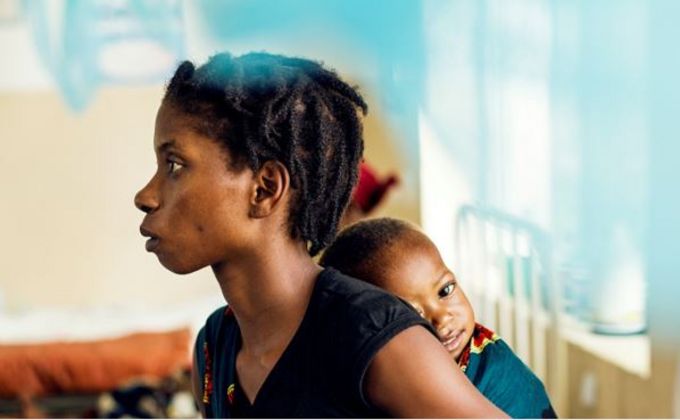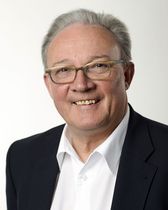Need for Innovation to End Malaria
01.12.2017
The updated global research agenda for malaria eradication, ‘malERA Refresh,’ calls for new medicines and tools as well as integrated approaches to address current challenges and ultimately eradicate malaria. MalERA Refresh is the result of a consultative process with over 180 international experts led by renowned malaria scientists including former Swiss TPH Director Marcel Tanner.

Still over 440 000 people die from malaria every year, most of them in sub-Saharan Africa.
To accelerate the fight against malaria and address current challenges, the new global research agenda for malaria – malERA Refresh – calls for innovation and integrated approaches in science and Research&Development (R&D), namely:
- Iterative innovation (e.g. new medicines and tools for vector control)
- Transformative innovation such as new tools and strategies to reduce or halt parasite transmission (e.g. gene drive technologies)
- Integrated approaches tailored to local health systems and local variations in disease transmission dynamics
“MalERA Refresh will give new momentum to science and R&D in the public and private sectors to make elimination of malaria possible,” said Marcel Tanner, former director of the Swiss Tropical and Public Health Institute (Swiss TPH) and chair of the WHO Scientific Advisory Group on Malaria Eradication. “More than ever, we need coordinated action by all stakeholders.” The recommendations of malERA Refresh were published today in a series of seven papers as a special collection in PLOS Medicine.
Driving Research in Malaria
MalERA Refresh, which updates the first Malaria Eradication Research Agenda (malERA) of 2011, is the result of a two-year consultative process involving more than 180 scientists, malaria programme leaders and policy makers from around the world, including Don de Savigny and Fabrizio Tediosi from Swiss TPH.
The process was coordinated by the Malaria Eradication Scientific Alliance (MESA) at the Barcelona Institute for Global Health (ISGlobal) and overseen by Regina Rabinovich (ISGlobal and T.H. Chan School of Public Health), Pedro Alonso (World Health Organisation, WHO), Dyann Wirth (Harvard T.H. Chan School of Public Health), and Marcel Tanner.
Progress in the Fight against Malaria Has Stalled
MalERA Refresh responds to challenges highlighted in the World Malaria Report 2017 published yesterday by WHO: While the number of malaria cases decreased significantly in the past two decades, it has plateaued at around 210 million cases since 2013. Also progress made in terms of reducing malaria mortality has come to a halt: still over 440 000 people die every year from the disease, most of them in sub-Saharan Africa.
Contribution to Malaria Elimination
Swiss TPH is one of the world-leading institutes in malaria control and elimination with over 200 of the 800 employees actively involved. Activities range from basic research on the molecular characteristics of host-parasite interactions to the development, validation and application of novel drugs, vaccines and other tools, and finally to new strategies for integrated programmes to control and eliminate the disease. Swiss TPH also hosts a WHO Collaborating Centre for Modelling, Monitoring and Training for Malaria Control and Elimination.
Contact

Marcel Tanner
Professor, PhD, Epidemiologist, MPH
Director Emeritus
+41612848287
marcel.tanner@swisstph.ch
Stay connected
Subscribe to our newsletter and get all the latest research news, project updates, course and event listings from Swiss TPH.